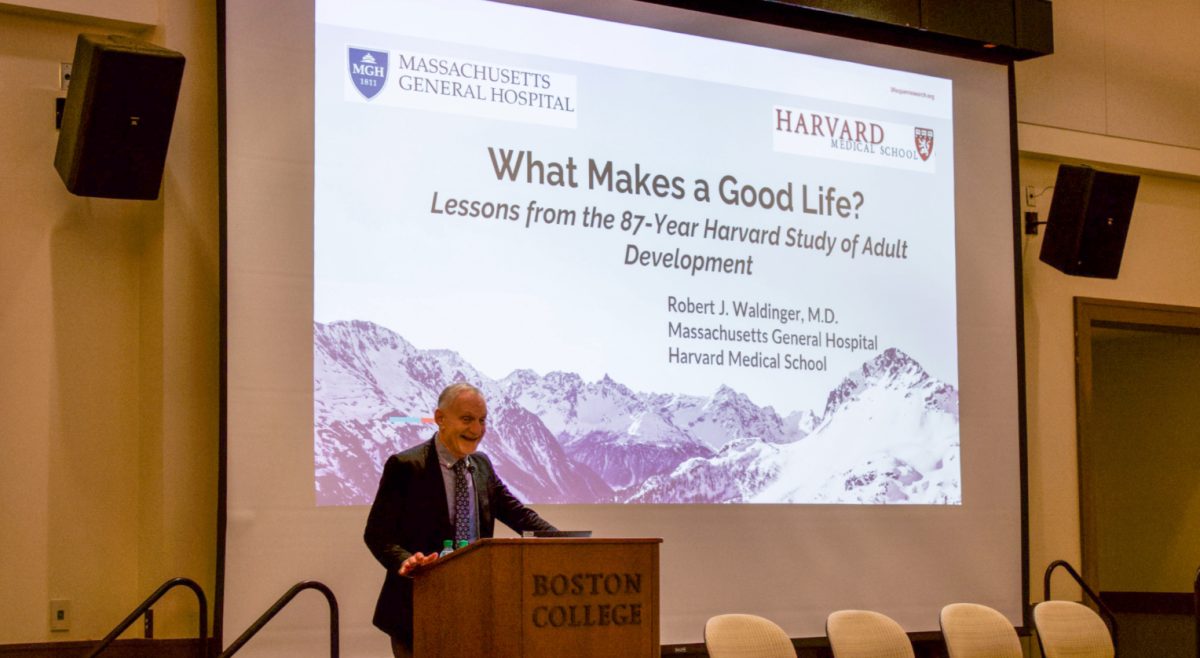I awoke to a Facebook newsfeed ablaze with crazed statues and messages: it is officially housing season. Did you get a Mod? Did you even get a pick time? What will this mean for my ability to enjoy my senior year? These were many of the undercover questions that my classmates seemed to be conveying through their jubilant or bitter remarks. Ingesting all of these emotions, I have realized that the housing process at Boston College-whether you are its biggest fan or its worst enemy-brings to a light a lot of questions about a home itself.
What constitutes a home? Is it simply four walls constructed of various materials and contingent on the climate, region, and socio-economic capacity of the owner? Or is it something deeper that perhaps transcends cement, kitchen tiles, and a nicely color-coordinated living room? This obviously brings into question people who do not have the luxury of having those four walls of shelter as well as people who can lose their homes at the drop of a hat. Is home dependent on familial structure or certain groups of people? Children from divorced families often have two homes, and thus it could be difficult to define what exactly home is for them.
I see the concept of a home as less of a situational and physical construct and more as one associated with emotional connections. Through spending time with a friend in the Philippines who lives with her eight children in a tiny house next to a polluted creek that frequently floods their entire living space, I’ve seen quite a different nature of what a home could mean. For her, home is reliant on family and the people around you, and less about physical space and materials. She sees her home not as a risky structure in a slum, but as a place where family and friends can congregate and (as trite as it may sound), spread love and hospitality out to everyone. A similar theme flows into situations of broken homes and people who frequently move. While people and places may change, what is constant is the support that people can feel no matter where they are physically located.
Maybe it would be fun if your home next year were in the Mods. But wouldn’t it also be extremely life-giving if your home were simply a place where you were free to be your best self and soak up the wisdom and love of your fellow human beings? Putting less of a focus on where or what a home should be only sets one up for disappoint and at times, a lack of fulfillment. Selling your house and living in a tent on Brighton campus may be a far-fetched idea of what I am attempting to convey-but I would like to contend with the common idea that place necessarily creates sacred space along with worthwhile relationships. To think in broader terms, perhaps our home isn’t just in whatever dorm we are placed in-it is the character of the community that is also part of that space. This applies to BC campus as a whole, and even to Boston itself. It is all about perspective and personal definition. By redefining our own conceptions of what a home is, we can become more adaptable and start to feel as if the world itself is our home, granted that we are able to engage the connections that await.












